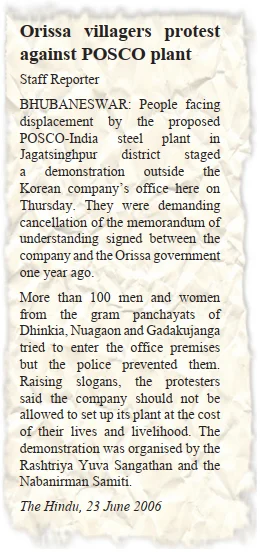![]() 26 Jul 2024
26 Jul 2024
The politics of planned development has played a pivotal role in shaping the socio-economic landscape of nations. This multifaceted concept involves deliberate formulation and execution of strategies by governments to achieve specific economic and social objectives. Central to this endeavor is allocation of resources, pursuit of equitable growth, and enhancement of the overall well-being of citizens. As governments grapple with diverse interests, ideologies, and global dynamics, politics of planned development becomes a critical arena where policies are debated, decisions are made, and a vision for a nation’s future takes shape.
Political Contestation
Complexity of Developmental Politics: In a democracy, the major decisions of development politics tend to be complex and involve balancing of interests with various social groups and generations.

Contradictions and Debates: Development, with different meanings for various sections of society, generates contradictions, conflicts, and debates.
| What is Left and what is Right?
In the politics of most countries, you will always come across references to parties and groups with a Left or Right ideology or leaning. These terms characterise the position of the concerned groups or parties regarding social change and role of the state in affecting economic redistribution. Left often refers to those who are in favour of the poor, downtrodden sections and support government policies for the benefit of these sections. The Right refers to those who believe that free competition and market economy alone ensure progress and that the government should not unnecessarily intervene in the economy. |
| Must Read | |
| Current Affairs | Editorial Analysis |
| Upsc Notes | Upsc Blogs |
| NCERT Notes | Free Main Answer Writing |
Politics of planned development in India is a complex interplay of ideologies, interests, and historical experiences. Despite differing models and debates over the extent of government involvement, a broad consensus supports state-led planning to ensure equitable growth and social justice. The establishment of the Planning Commission post-independence marked a pivotal step in shaping India’s development trajectory, balancing diverse visions towards a common goal of national progress.
<div class="new-fform">
</div>